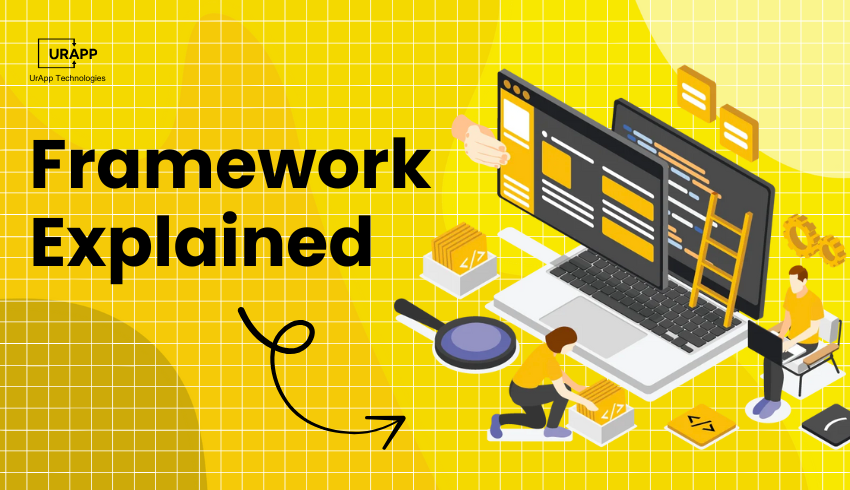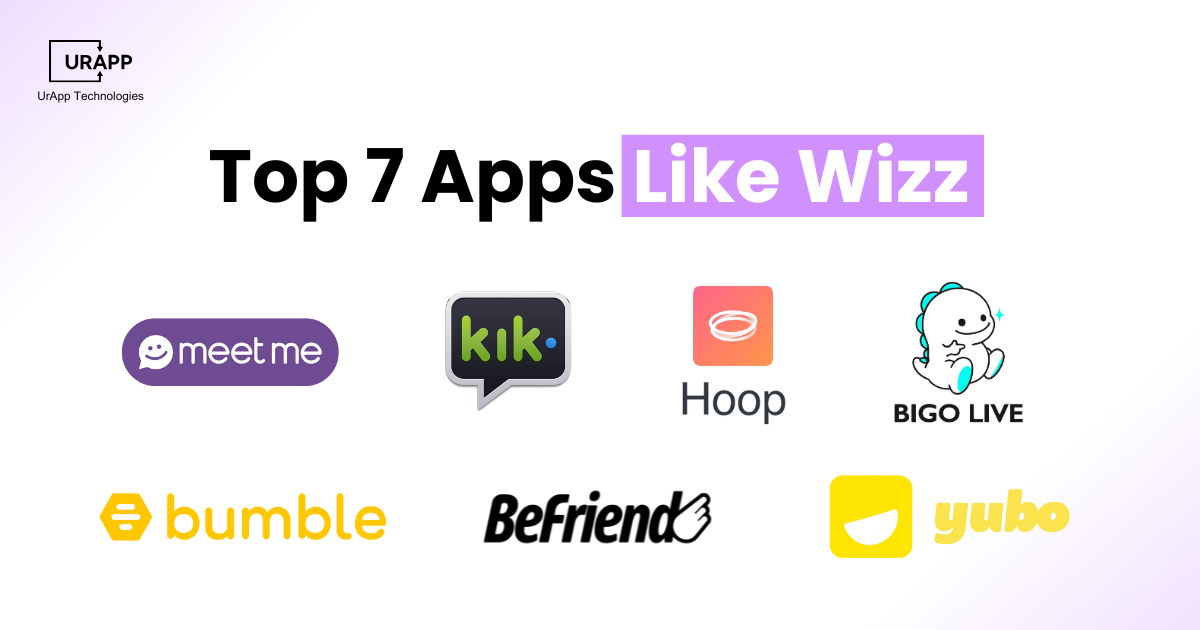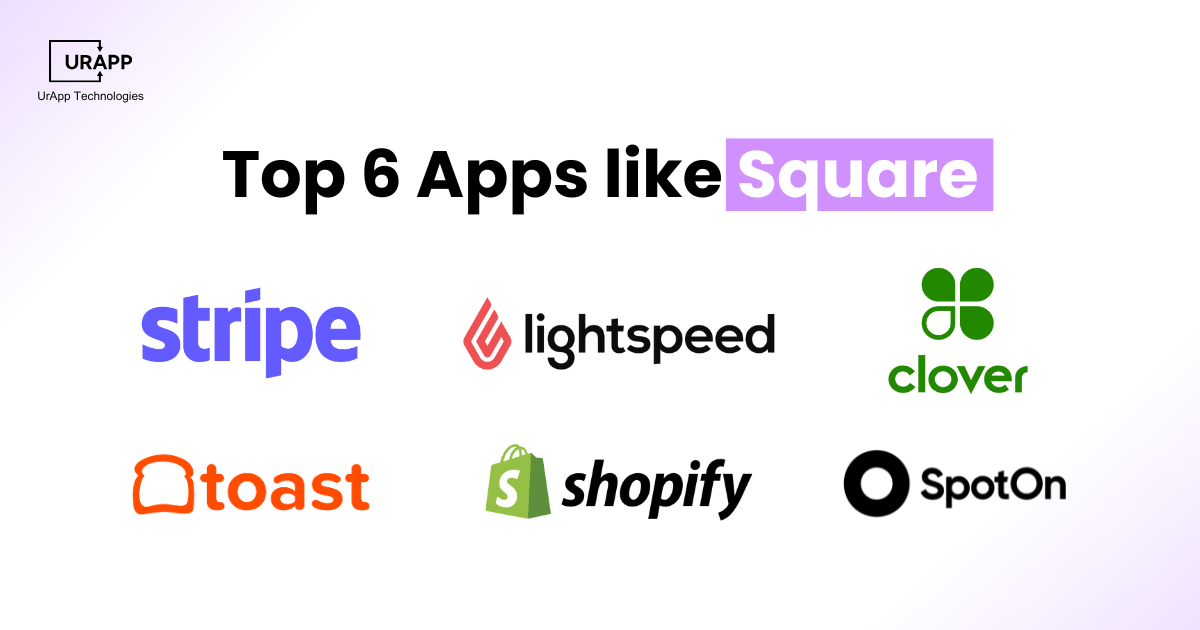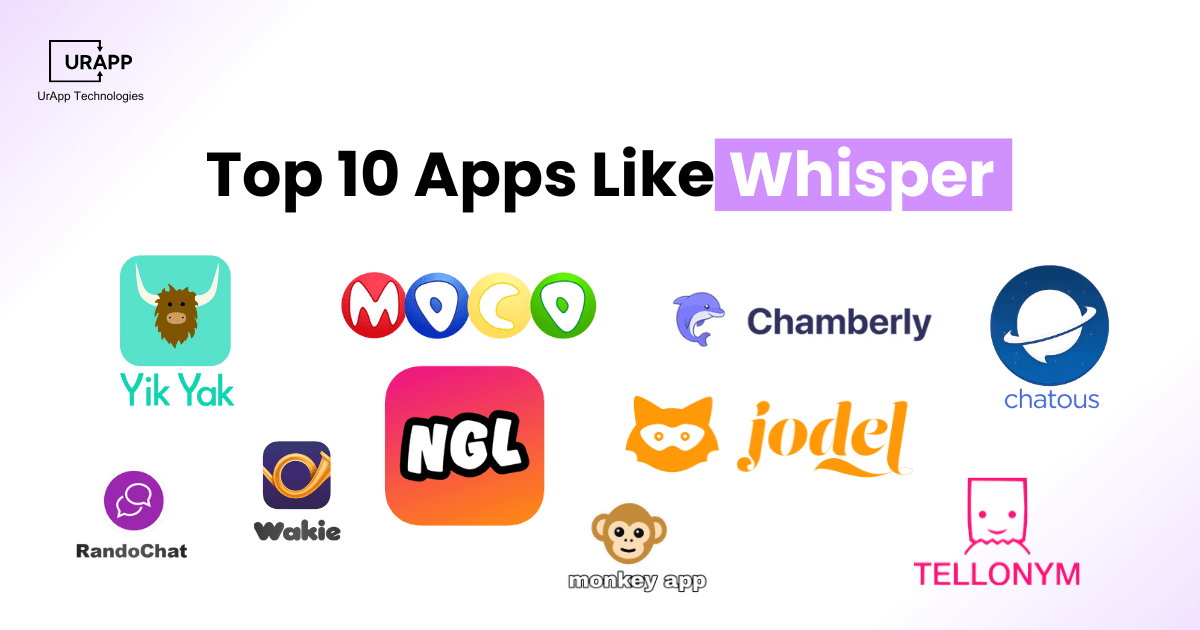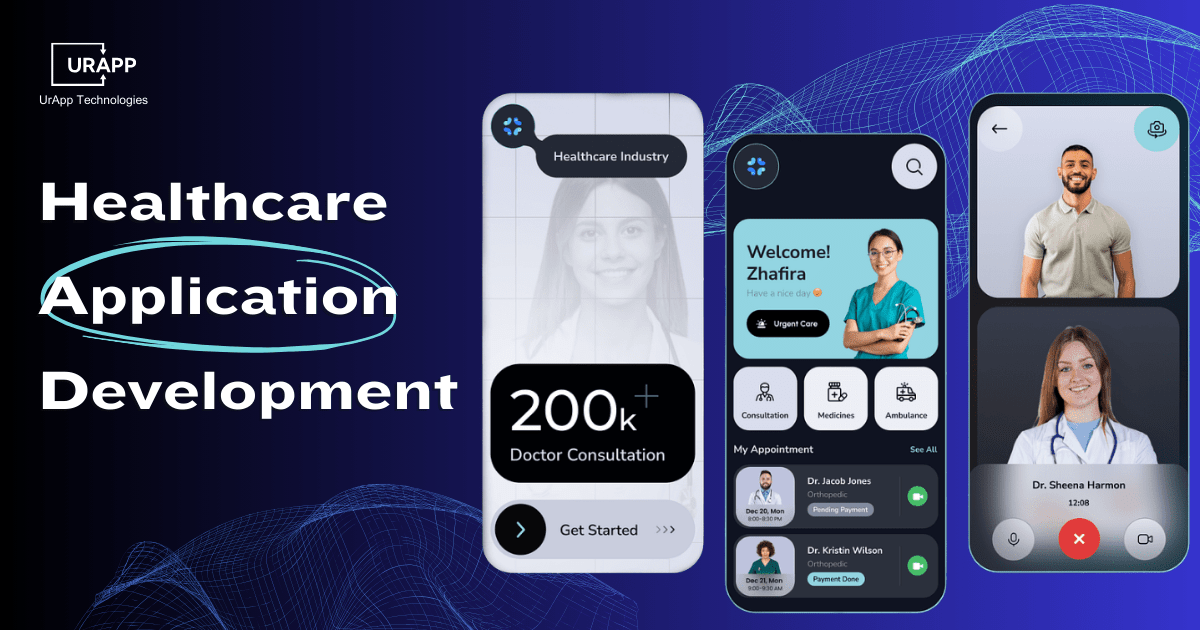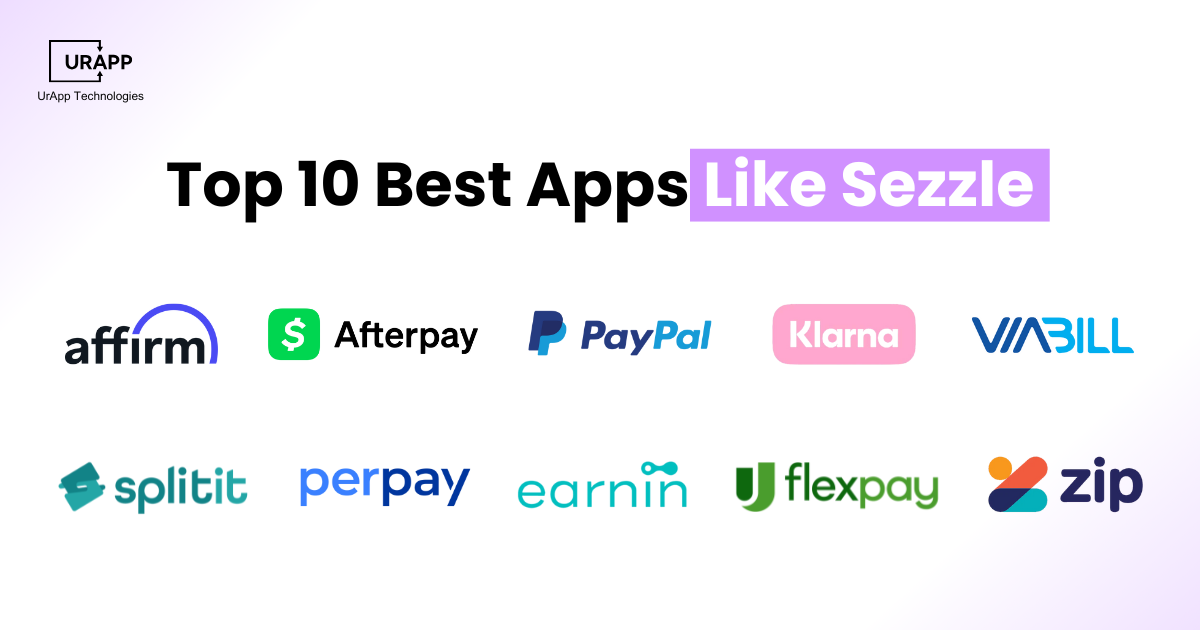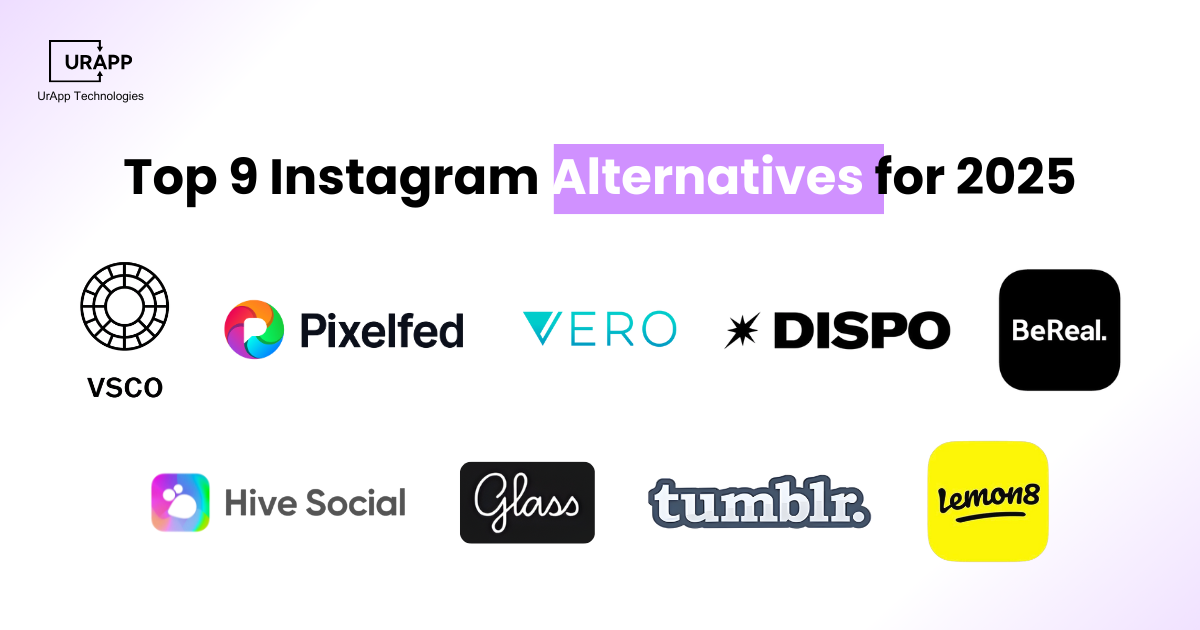Framework in Programming: Types, Benefits & Popular Examples
Struggling to build apps faster and more efficiently?
Frameworks in programming are the secret tools developers rely on to save time, ensure consistency, and create scalable, high-performance applications
Key Takeaways
- Flutter’s Popularity: Over 46% of mobile developers use Flutter for cross-platform development, according to Statista (2024).
- Boost in Development Speed: Frameworks can accelerate app development by up to 50% with reusable components and pre-written code.
- Widely Used Tools: React.js is used by 39.5% of front-end developers, while Node.js dominates the back-end with 48% adoption.
- Framework vs. Library: Frameworks provide full control over app structure, ideal for scalable apps—unlike libraries which offer flexibility but less structure.
- Impact on ROI: Choosing the right framework affects performance, time-to-market, and project cost based on language, support, and scalability.
A framework in programming is a structured collection of tools, libraries, and pre-written code that helps developers build software faster and more efficiently. It simplifies repetitive tasks, like database handling, authentication, and UI design, while enforcing consistent coding practices. Developers often ask what is a framework, especially when beginning their journey with a new programming language or toolset.
Frameworks are typically tied to specific programming languages. For example, when working with PHP and MySQL, a framework can simplify database interactions without requiring raw SQL. Similarly, instead of using plain JavaScript, you can use a framework like Angular to build complex user interfaces more efficiently. Overall, frameworks bring structure, reduce complexity, and free developers to focus on core features.
Popular Frameworks in Programming and Their Usage

In modern application development, frameworks continue to evolve to meet developers’ growing needs. According to the latest Statista 2024 survey, here are the most widely used frameworks and their areas of application:
-
Node.js (40.8%): Popular for building fast, scalable server-side and full-stack JavaScript applications.
-
React (39.5%): A leading choice for front-end development, creating dynamic and interactive user interfaces.
-
jQuery (21.4%): Still used for simplifying JavaScript tasks and managing DOM manipulations efficiently.
-
Next.js (17.9%): Favored for server-side rendering and SEO-friendly React applications.
-
Express (17.8%): Commonly used as a backend framework for Node.js to build RESTful APIs.
-
Angular (17.1%): Preferred for building large-scale enterprise web apps with strong structure.
-
ASP.NET Core (16.9%): Used for high-performance cross-platform web applications in the Microsoft ecosystem.
-
Vue.js (15.4%): Chosen for lightweight and flexible front-end apps with a gentle learning curve.
-
Spring Boot (12.7%): A go-to framework for Java-based enterprise applications.
-
Flask (12.9%): Ideal for lightweight Python web apps and APIs.
-
Django (12%): A powerful Python web framework emphasizing clean design and rapid development.
-
WordPress (11.8%): Dominates content management and blogging platforms, with easy customization.
Benefits of Using Frameworks in Programming
The adoption of frameworks in programming has revolutionized software development. Some of the primary advantages include:
-
Time Efficiency: Frameworks provide pre-built features so developers can concentrate on special features instead of tedious coding. This shortens development durations and saves total project expenses.
-
Code Maintainability: Well-structured frameworks encourage clean coding practices, making applications easier to update and maintain.
-
Built-in Security: Security vulnerabilities are minimized since frameworks often involve protective measures such as encryption and authentication protocols.
- Cross-Platform Compatibility: Developers use Flutter and React Native frameworks to write one application codebase across multiple platforms.
Types of Frameworks in Programming

Different programming frameworks meet different development demands. The kind of program being built determines which framework is best.
- Web Frameworks
- Mobile Frameworks
- Enterprise Application Frameworks
- Game Development Frameworks
- Data Science Frameworks
- Testing Frameworks
1. Web Frameworks
Web frameworks provide tools and libraries that manage basic web development activities, which makes it easier to create web applications.
Front-End Frameworks
Front end frameworks are sets of pre written code that provide developers with a scalable and maintainable structure for creating user interfaces more efficiently.
-
React.js
React.js is a JavaScript user interface development library created by Facebook. It enables programmers to produce reusable user interface elements, which lead to dynamic and effective web applications.
-
Angular
The JavaScript framework Angular provides developers a full solution for creating SPAs through its TypeScript foundation which Google maintains. Two-way data binding stands among the key features of Angular alongside dependency injection.
-
Vue.js
A JavaScript framework for creating user interfaces that is progressive is called Vue.js. It is intended to be slowly adopted, with a focus on the view layer and may be integrated into front-end development projects.
Back-End Frameworks
-
Django
A high-level Python web framework called Django encourages quick development and easy layout. An admin interface, authentication, and an ORM are among its integrated features.
-
Ruby on Rails
This server-side web application framework, also known as Rails, was created in Ruby. It adheres to the MVC pattern and values convention over configuration to facilitate rapid development.
-
Express.js
Express.js is an efficient and versatile Node.js online application framework that offers a comprehensive range of functionality for web and mobile apps. This makes it a common option for developing APIs.
2. Mobile Frameworks
Mobile frameworks assist in developing applications for mobile devices, often supporting cross-platform development.
Cross-Platform Frameworks
These frameworks enable developers to write applications that run on multiple platforms with a single codebase.
-
Flutter
The open-source UI toolkit Flutter supports Google users to build mobile, web, desktop applications from unified codebases.
-
React Native
Facebook created React Native, which allows developers to develop mobile applications with JavaScript and React. It will enable you to create native-like programs for iOS and Android.
Native Frameworks
Native frameworks are designed for building applications on specific platforms, utilizing platform-specific languages and tools.
-
SwiftUI
Apple released SwiftUI as a framework tool for creating user interfaces which operate on all Apple platforms. This framework uses a syntax that permits developers to build interface elements through simpler programming.
-
Jetpack Compose
Java entrepreneurs at Google developed Jetpack Compose as the foundation for creating native user interfaces on Android. The programming system helps developers expedite their creation by providing minimal code and advanced development tools.
3. Enterprise Application Frameworks
Enterprise application frameworks are tailored for large-scale applications, offering features that support complex business processes and data management.
-
Spring Framework
A comprehensive framework for Java, Spring provides infrastructure support for developing robust applications. It offers features like dependency injection, transaction management and security.
-
ASP.NET Core
Microsoft delivers ASP.NET Core as a cross-platform framework that produces modern, high-performance development capabilities to construct cloud-based internet-connected applications. The developers reworked the fundamental aspects of the initial ASP.NET framework.
4. Game Development Frameworks
Developed specifically for video game creation, game development frameworks offer programmers essential programming tools, together with libraries that handle visualization, physical handling and player interface handling responsibilities.
-
Unity
The game engine Unity enables developers to produce video games for multiple platforms that include PCs alongside consoles and mobile devices and websites. The platform provides support for both 3D and 2D game development together with a vast collection of assets in its store.
-
Unreal Engine
Epic Games developed the game engine Unreal Engine, which delivers high-fidelity visual elements and authentic physics simulations. The engine is a top choice for AAA game developers because it includes Blueprints as a visual scripting tool.
5. Data Science Frameworks
Data science frameworks offer complete software solutions which contain libraries to perform analysis work and conduct statistical modeling and machine learning operations.
-
TensorFlow
Google's open-source TensorFlow machine learning framework enables developers to create neural networks and perform natural language processing.
-
PyTorch
The Facebook AI Research lab introduced WDL, an open-source machine learning library that uses the Torch framework.
6. Testing Frameworks
Testing frameworks, which provide tools and libraries to guarantee code performance and dependability, make software application testing easier.
-
JUnit
JUnit stands as a widely employed testing framework for Java that helps developers write and execute repetitive tests through its annotations along with assertions.
-
Selenium
The open-source framework allows the testing of online applications through its integrated browser automation tools, which support multiple programming languages for developers.
Framework Vs. Library: What's the Difference
Many beginners confuse frameworks with libraries. While both simplify development, the key difference lies in who’s in control: you or the tool.
| Aspect | Framework | Library |
|---|---|---|
| Definition | A framework defines and controls the overall structure and flow of an application, requiring developers to follow its set conventions. | A library provides specific functionalities that developers can use as needed without imposing any structural rules or control. |
| Control Flow | An application's control flow is determined by a framework, which calls user code rather than the other way around. | A library provides developers complete control over flow by acting as a collection of functions and routines that they can call as needed. |
| Structure & Rules | It offers a predetermined framework and set of rules to develop apps, that ensures uniformity and best practices throughout projects. | Libraries usually give developers the freedom to select precisely what they require for projects through their particular tasks or features. |
| Extensibility & Reusability | Frameworks maintain their extensibility, allow developers to incorporate unique features that follow the general architectural and design guidelines of the framework. | By enabling developers to utilize similar functions across projects without the need to rewrite any existing code, libraries encourage code reusability. |
When to use a Framework:
- When building large-scale, structured apps (e.g., Django, Angular, React).
When to use a Library:
- When you need flexibility or specific utilities (e.g., NumPy, jQuery, Lodash).
Why Partner with UrApp Tech
If you’re planning to build a custom application using a reliable programming framework, partnering with UrApp Technologies gives you access to expert developers and cutting-edge solutions. Whether you need iOS development expertise or guidance on choosing the right framework, UrApp Tech has you covered.
Developing a successful application requires both a structured approach and the right technology stack — and UrApp Technologies is your trusted partner for both.
Conclusion:
Frameworks are more than just tools, they’re the backbone of efficient, scalable, and maintainable applications. By providing structure, reusable components, and built-in solutions for common challenges, they allow developers to focus on innovation rather than reinventing the wheel. Choosing the right framework can significantly impact development speed, app performance, and long-term maintainability, making it a key decision for any successful project.
